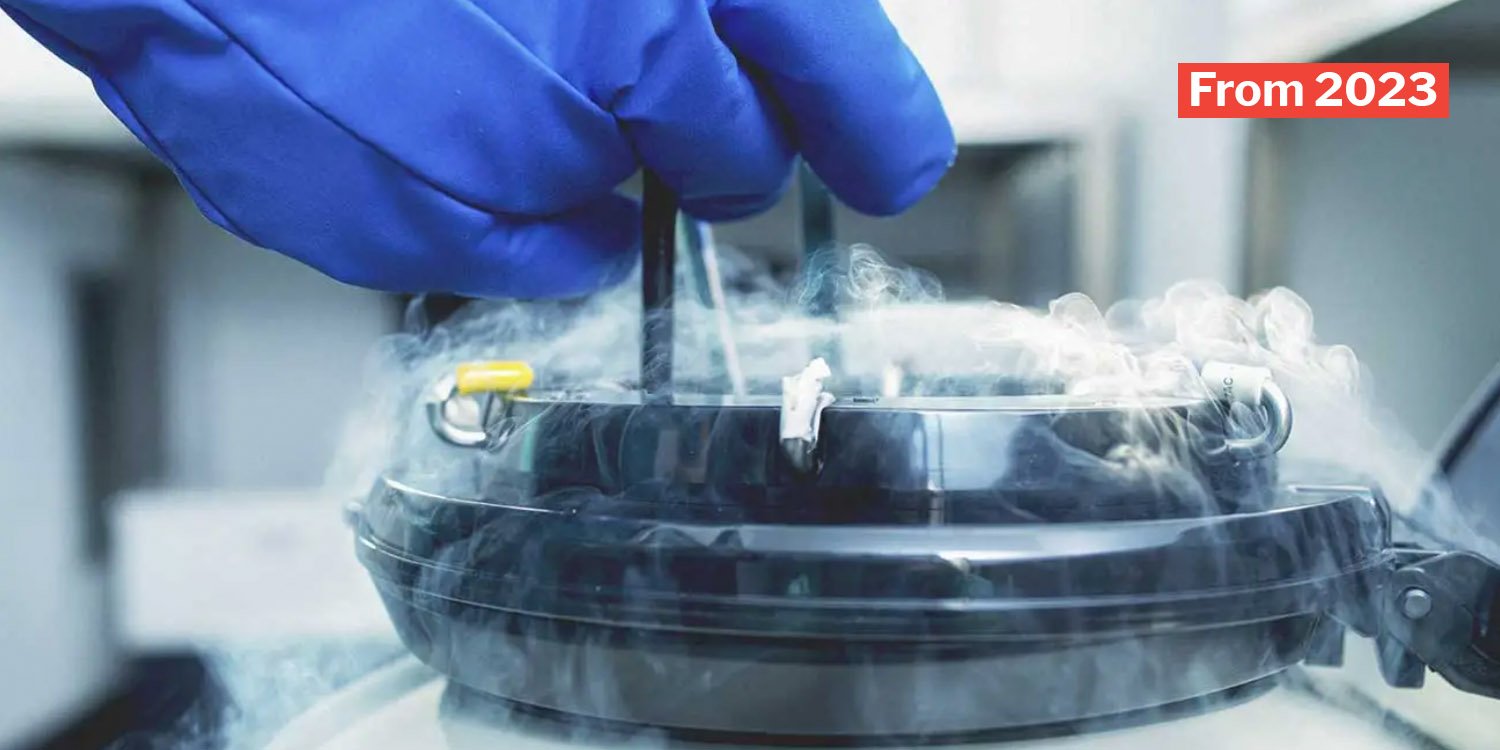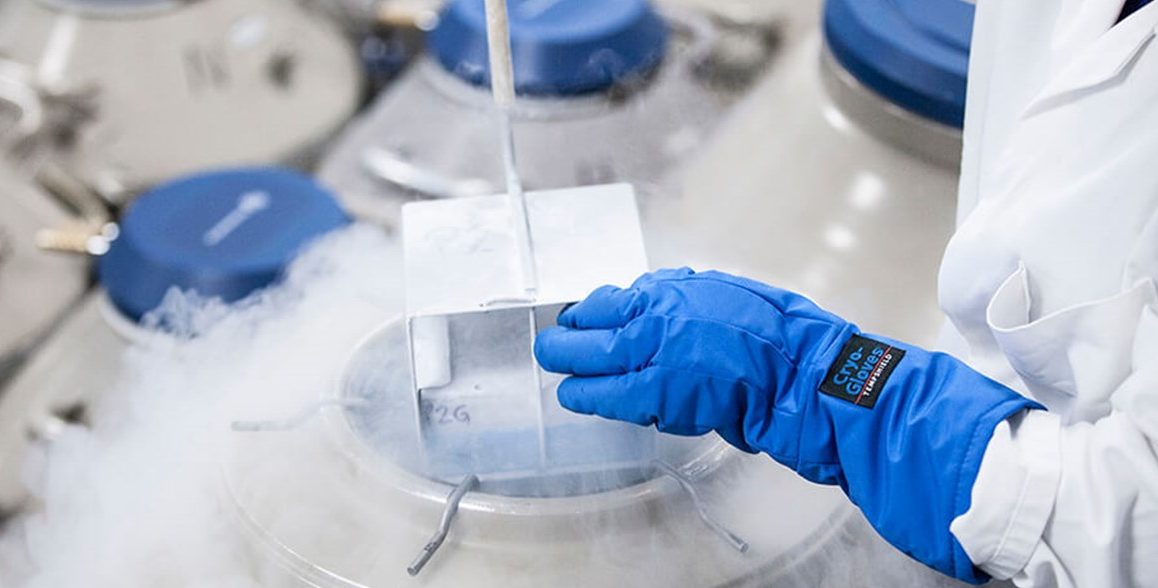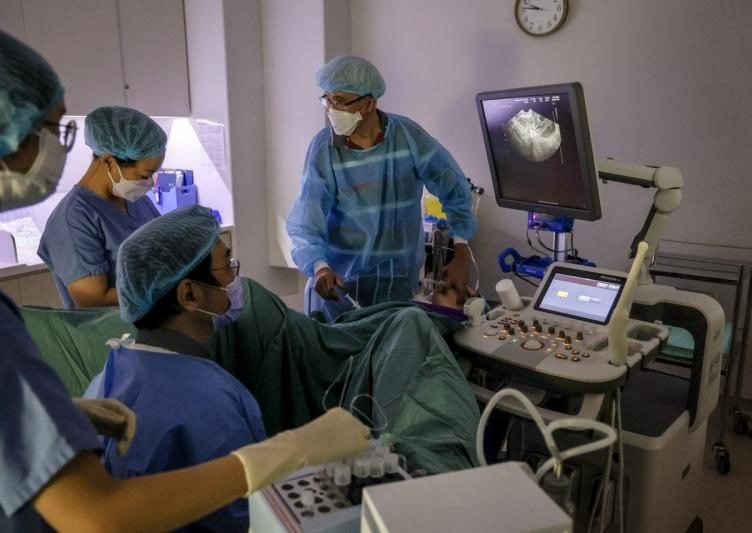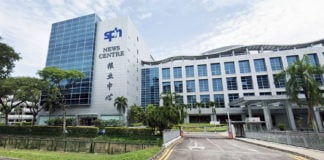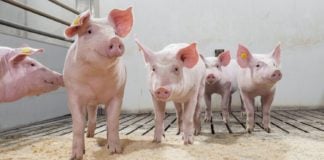Singapore Women Aged Between 21 & 35 Can Freeze Their Eggs From 2023
For a long time, women who wish to bear children were at the mercy of their own ticking biological clocks. But over the years, egg freezing has become a profound alternative to empowering modern women.
Previously, Singapore had only allowed women to undergo elective egg freezing for medical reasons.
In a major policy shift, Singapore women will be allowed to freeze their eggs for non-medical reasons from 2023.
All women aged between 21 and 35, regardless of marital status, will be able to undergo elective egg freezing.
Even so, Minister of State for Social and Family Development Sun Xueling added that there will be safeguards in place.
Women allowed to freeze eggs regardless of marital status
For years, social egg freezing had been a highly debated topic in Singapore.
After much deliberation, Singapore is now allowing women, regardless of marital status, to freeze their eggs for non-medical reasons, reported The Straits Times (ST).
All women between the ages of 21 and 35 can do so from 2023 with the introduction of the Assisted Reproduction Services Regulations under the Healthcare Services Act.
However, only legally married couples will be allowed to use the frozen eggs to try for a baby via in-vitro fertilisation (IVF).
This was part of the changes outlined in a White Paper on Singapore Women’s Development on Monday (28 Mar).
Currently, women can only freeze their eggs for medical reasons such as having to undergo chemotherapy, which may affect fertility.
Safeguards will be in place
Prior to the release of the White Paper, Ms Sun said the Government recognises that there are women who may not find a suitable partner when they are younger.
However, they may still wish to be able to preserve the likelihood of conceiving when they marry later.
She added that the authorities will put “adequate safeguards” in place to ensure that women make informed decisions.
According to the White Paper, the safeguards include pre-procedure counselling to highlight the invasive nature and limitations of elective egg freezing, such as:
- low success rates of live births
- that it doesn’t guarantee motherhood
- risks of late pregnancy
- challenges of aged parenthood
- costs, such as storage and insurance
Thus far, medical research in other countries found that the chance of a frozen egg leading to a baby being born ranges between 2% to 12%.
Studies also found that less than 10% of women eventually use their frozen eggs.
Hope decision empowers women
The Ministry of Health (MOH) has been reviewing the implications of elective egg freezing since 2012.
In 2019, the Ministry of Social and Family Development (MSF) said it was carefully reviewing the possibility of allowing the procedure.
Following that, there have been calls from many groups and individuals, including the PAP Women’s Wing and Young PAP, to allow elective egg freezing.
Minister for Communications and Information Josephine Teo said this shift in position is not about raising the total fertility rate but rather empowering women with choice.
With regards to the age limit of 35 currently set for egg freezing, Channel NewsAsia (CNA) quoted Ms Sun who said that it is in line with the existing egg donor age limit.
Studies have also shown that the quality of a woman’s eggs depreciates significantly after 35.
But she added that she will not rule out the possibility of medical advancements leading to a change in this age limit.
Another stride in women’s rights
Singapore’s fight for women’s rights has taken huge strides over the years.
In the same vein, this change to allow egg freezing for all women has been a long time coming.
Hopefully, with this option available in the upcoming future, Singapore women will be able to have more autonomy in making choices about their lives, in their own time.
Have news you must share? Get in touch with us via email at news@mustsharenews.com.
Featured image adapted from Healthline.
